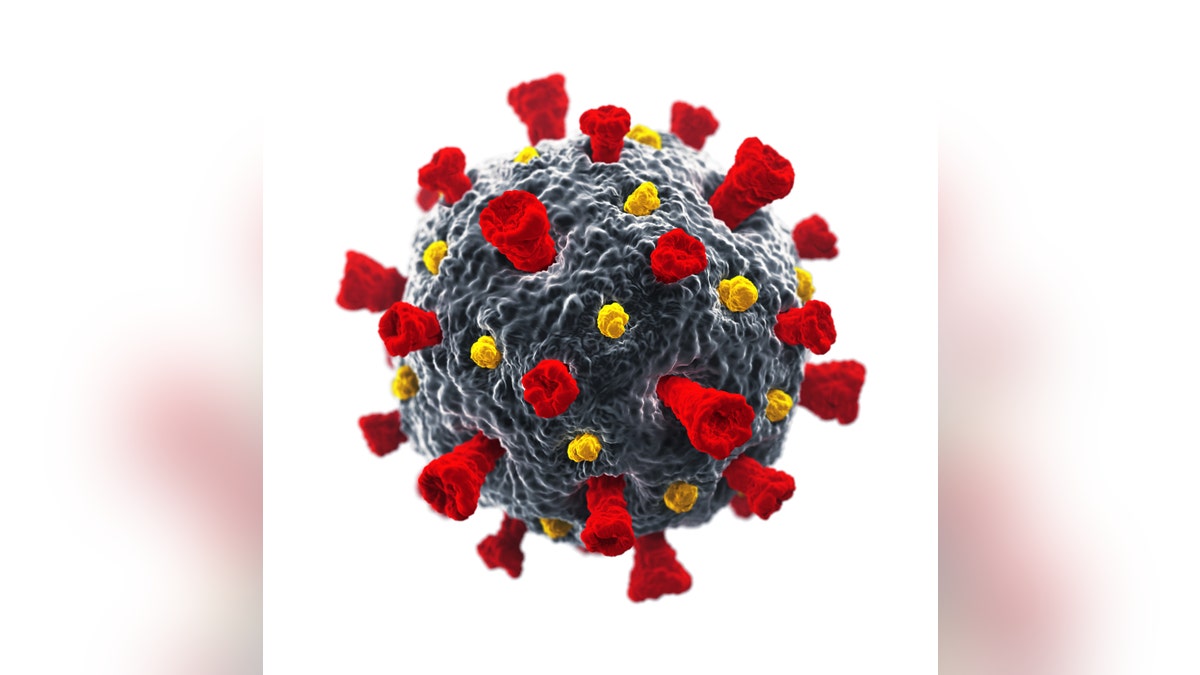Stool tests may detect coronavirus more effectively than respiratory tests in infants and children, according to researchers at the Chinese University of Hong Kong (CUHK) who said in a report published in the journal Gut that children and infants carry a higher viral load in their stool than adults.
The researchers said stool samples also can carry the coronavirus after it has been cleared from an infected patient’s respiratory tract. This could help identify asymptomatic cases, especially in infants and children who have difficulty undergoing the nasal or throat swab tests, the researchers stated in a press release.
YOUNG CHILDREN WITH CORONAVIRUS MAY CARRY 10 TO 100 TIMES MORE OF VIRUS THAN ADULTS: STUDY
“Stool specimens are more convenient, safe, and non-invasive to collect in the pediatric population and can give accurate results,” Paul Chan, the chairman of CUHK’s Department of Microbiology, said in the press release.

Stool tests may detect coronavirus more effectively than respiratory tests in infants and children, according to researchers at the Chinese University of Hong Kong (CUHK). (iStock)
Stool testing in younger populations was decided as another potential tool to detect the novel coronavirus after researchers from CUHK performed stool tests on more than 2,000 asymptomatic children and others who arrived at Hong Kong airport starting from March 29. Samples collected through August 31 found that six children were confirmed to be infected with COVID-19.
URINALS MAY SPREAD CORONAVIRUS, STUDY FINDS
The researchers also studied the stool samples of 15 patients infected with COVID-19 between February and April. The findings revealed an active novel coronavirus infection in the gut of seven patients who did not display GI symptoms. The researchers reported three patients displayed viral infections in stool samples for up to six days after their respiratory samples were clear of the virus.
“Active and prolonged viral activity in the gut of COVID-19 patients, even in the absence of GI manifestations and after recovery, highlights the importance of long-term coronavirus and health surveillance and the threat of potential fecal-oral viral transmissions," Professor Siew Chien Ng, associate director of the Centre for Gut Microbiota Research at CUHK, said in the release. “Therapeutics approaches including limiting gut viral activity and modulating gut microbiome composition and functionality should be explored."
AMID CORONAVIRUS, IS IT SAFE TO SEND CHILDREN BACK TO SCHOOL? EXPERTS, PARENTS WEIGH IN
Professor Francis KL Chan, dean of the faculty of medicine and director of the Centre for Gut Microbiota Research at CUH, remarked in the press release regarding another case where the stool sample test revealed a significant finding.
“Among the confirmed cases in the territory, we note that there is more than one COVID-19 patient who had stool test positive while tests for respiratory samples were negative. Stool test is accurate and safe, making it suitable and more effective for COVID-19 screening for specific groups of people."
Chan said in the release that some countries, including the United States, are contacting them regarding details about the stool tests for COVID-19.








































